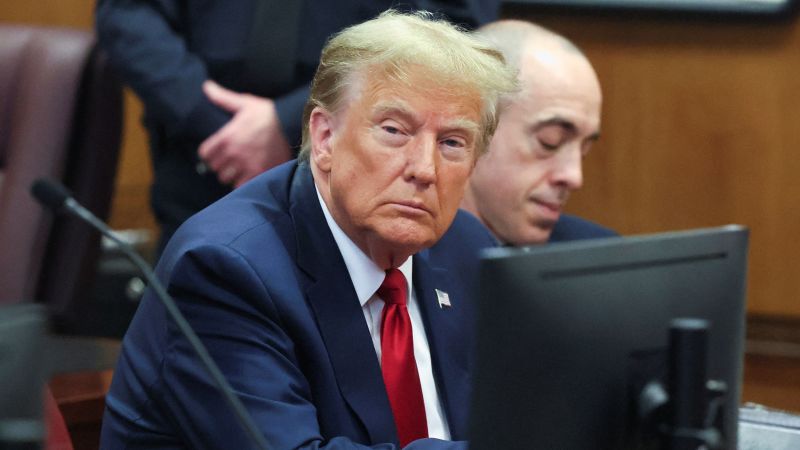A New York judge on Friday formally ordered Donald Trump to pay $454 million, including interest, a move that will give the former president one month to post nearly half a billion dollars to appeal the fraud verdict.
Judge Arthur Engoron’s signed judgment was posted to the court docket Friday, one week after he found Trump, Donald Trump Jr. and Eric Trump liable for fraud in the civil case brought by New York Attorney General Letita James.
Once Trump and the others are served with the judgment, the 30-day clock for them to file an appeal starts. During that period Trump will need to put up cash or post bond to cover the $355 million and additional roughly $100 million in interest he was ordered to pay. The sons were each ordered to pay $4 million back in gains they improperly received because of the fraud. The judge also banned the Trumps from serving as officers of a business entity in New York for several years.



I’m not familiar with this area of law. What’s the reasoning behind this rule? From my naive perspective, it seems like whether or not an appeal is justified is independent of whether or not the defendant can afford to pay the full judgement.
Maybe to avoid having the defendant spend all their money appealing the judgment, which in case of a negative result could impact their ability to pay the fine.
Because otherwise everyone would just appeal every verdict for years just to delay payment. “Skin in the game” ffs.
Honestly it’s a good question and I’d also like to know the answer.
I know it’s not the same, but I’ve had to pay tickets before challenging them in court, too. If you win, you get it back.
Annoying af when you’re broke.
If you didn’t have to pay first, then there would be a financial incentive to appeal even if you don’t think you can win - just to delay payment.
Make appellant’s pay first to remove the financial incentive to appeal.